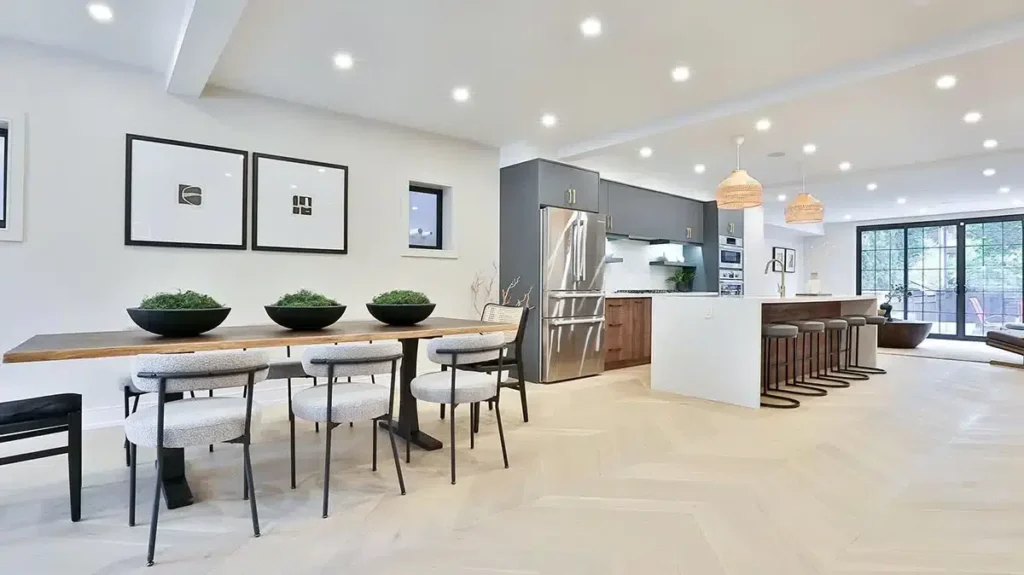Renting
Pros
Cost
In the near term, renting your film equipment will be considerably less expensive; you won’t be paying exorbitant costs for a single piece of equipment that you need to keep until you can afford another.
You are not responsible for any equipment upkeep. If a rental item isn’t working, you have the choice to return it and notify the renter who is renting it from you that it isn’t working. You are responsible for repairing your own equipment.
Access to Equipment
When you rent, you may test out various kinds of gear. You aren’t restricted to one pricey piece of equipment; you may try out as many pieces as you want.
It’s crucial to remember that each project requires its own set of tools. Because projects aren’t all the same, different ones require various equipment.
Renting allows you to work with this lack of uniformity and test out various pieces of equipment rather than restricting yourself to the ones you’ve been able to buy.
Honing in Your Skills
You may practice different skills with various pieces of camera equipment. You won’t be restricted to a single camera; you’ll learn skills on a number of cameras.
Teaches Budgeting
Budgeting is critical in filmmaking, as we’ve said before. When you rent your equipment on a regular basis, it allows you to learn how to create and stick to a financial plan.
This is an important topic to grasp when producing a feature film, therefore you must learn as much as possible while working on short films.
Cons
Cost
Even if you appear to be paying less at the time, if you rent equipment on a regular basis, the expenses can and most likely will add up to more than the price of one piece of equipment if you bought it outright.
Availability
When renting, you must accept the renter’s availability. They can’t just conjure equipment out of thin air; if a piece of equipment has already been rented out, you’ll have to wait until it’s available again.
This implies that you’ll have to wait until the item you want is returned or choose a different piece of equipment.
Ability to Sell
When you have your own equipment, you may always sell it once you no longer require it. This can lead to a nice sum of money.
There are two factors that make the rental equipment business hard: shipping costs, and commissions paid to merchants. However, you can’t run your own trucking business without excellent trucks or drivers—or both —and it’s much more expensive just to get started. You’ll also need equipment if you want to offer services like catering and meals on demand; in this case, as well, you won’t be able to profit off of it until your expenses for renting out those items have been recovered.
Rental fees usually range from £10 to £100 per month. This may seem like a minor difference, but if you have rented equipment for the same amount of time, it adds up quickly. So whether or not you decide to stop renting equipment in the future, this will make things more difficult in the long run. You probably won’t have much wiggle room if you’ve spent your money on renting equipment in order to finally settle down and purchase something while you’ve been leasing items for that length of time.
Time
Although renting is handy, collecting and returning your equipment will take time away from your production plan. This is time that may be saved in your schedule if you rent the film equipment.
Acquiring Skills
This is either a benefit or a liability. When renting equipment, you will most likely become adept at a number of skills on a variety of equipment, but you will probably discover that you do not achieve expert status in any of them since you are testing so many different components.
Buying
Pros
Availability
You may use the equipment whenever, however, and wherever you choose when you buy it, which contrasts renting and having to manage with other renters’ schedules.
Acquiring Skills
You have the time to master your talents since you own your film equipment; equipment is accessible at your leisure, and you can practice as much as you like. You are not restricted by a timetable.
Become a Renter
If you own your equipment and wish to make money, you may rent it out, which can provide a much-needed cash flow.
Cons
Insurance Costs
You must also consider the cost of the equipment, as well as any insurance premiums that you will incur.
Technological Advancements
Technological innovation is ever-changing. When you buy equipment, it won’t be long before there’s a new development. Keep this in mind. The advantage of renting is that you may test out the latest technology as it becomes available, whereas once you buy, you’re more likely to be stuck with the models you already have.
However, as you can see, there are a lot of advantages and disadvantages to both buying and renting. There is no right or wrong answer; nonetheless, hopefully, the following list of benefits and drawbacks will be of help.
If you’re looking for a good company to hire camera equipment from, then we recommend using Pro Motion Hire. You can visit their page on hiring camera gear here.


